London bus drivers are finding cockroach infestations on some vehicles and have urged Transport for London (TfL) to resolve the situation.
Cockroach infestations have been reported across several London bus routes, according to the London Bus Forum, with images and videos showing the pests between the seat upholstery and floor panels, as well as in driver’s rest areas.
Buses on routes 159, 345, and 55 were identified by staff as infested, according to the forum.
One driver, on the route 159 between Streatham and Oxford Circus, even discovered a cockroach in their drink during a break, the forum reported.
“I went to take a sip from my drink and felt something in my mouth,” the driver said. “I spat it out and saw it was a cockroach. I felt sick and ended up vomiting.”
The bus involved, the LT160, had reportedly been flagged multiple times for pest issues. Despite repeated complaints, it has been returned to service each time after passing standard engineering checks.
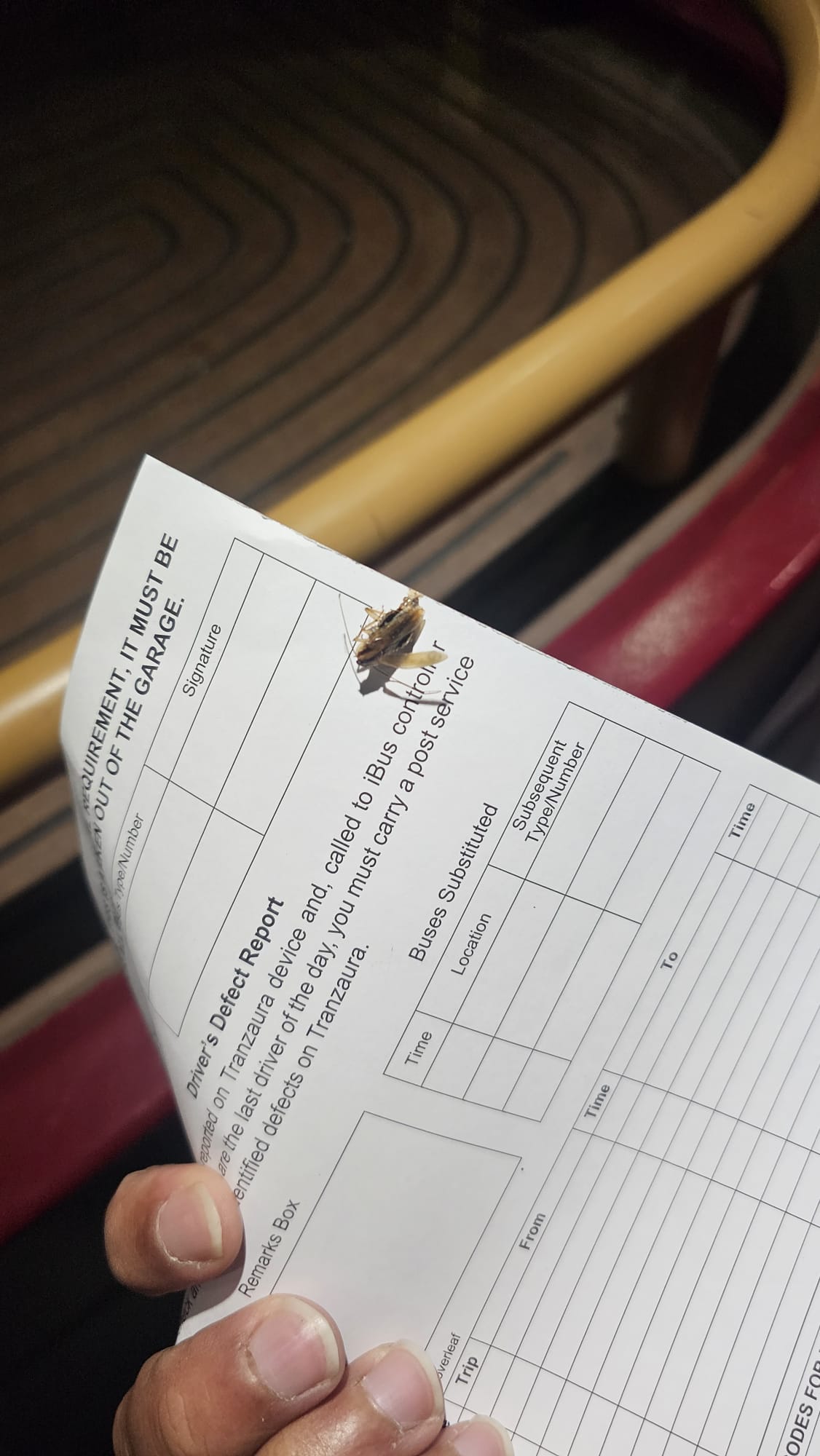
Bus safety campaigners have written to transport bosses calling for action.
Kevin Mustafa, a London bus safety campaigner, told the BBC: "The current state is untenable for drivers who already face demanding working conditions. Swift, transparent and decisive action will go a long way toward restoring trust, ensuring safety, and maintaining public confidence in London's bus services.
"London bus drivers are reporting persistent issues with cockroaches and unsanitary conditions onboard their vehicles. This is not a matter of occasional nuisance — many drivers describe infestations, and the situation is starting to pose real health, safety and wellbeing risks."
Transport for London (TfL) has said that extensive daily cleaning takes place across the network and the fleet is treated with the same longer-term antibacterial product as is used on the Underground. Bus garages and rest rooms are similarly treated.
There are 675 bus routes served by over 8700 buses, mostly operated by private companies under contract for TfL; around five million bus journeys are made in the capital every day.
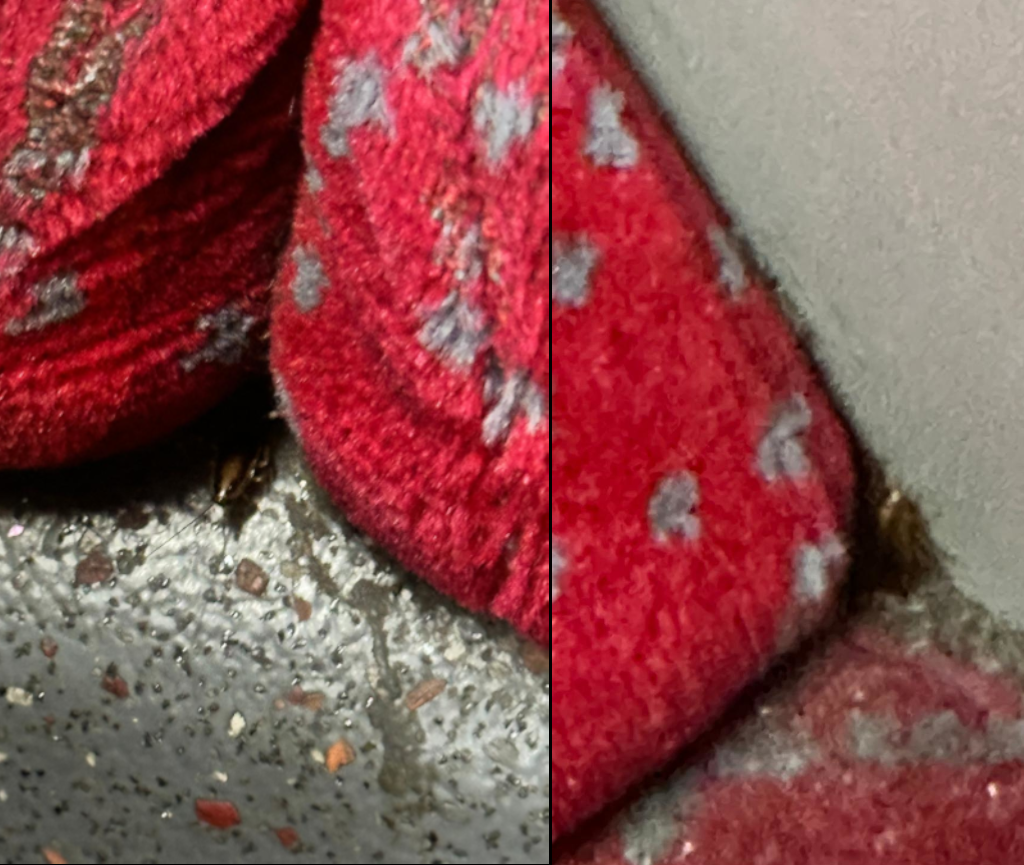
A TfL spokesperson said: “We are committed to working together with operators to provide a clean environment for staff and customers. Most TfL welfare facilities are cleaned multiple times a day, and at a minimum daily, to maintain hygiene and safety standards.
“All buses are also cleaned every night before entering service and reports such as these are rare. We take any report seriously and are urgently investigating the specific incidents that have been raised. As with any reports, we will take appropriate action as part of the investigation, which can include taking buses out of service for inspection, deep cleans and treatment with specialist equipment if necessary.
"We would like to reassure staff that our operators would never take action against people raising concerns about welfare or safety and encourage any driver with concerns to contact their employer, their union, or contact us directly.”
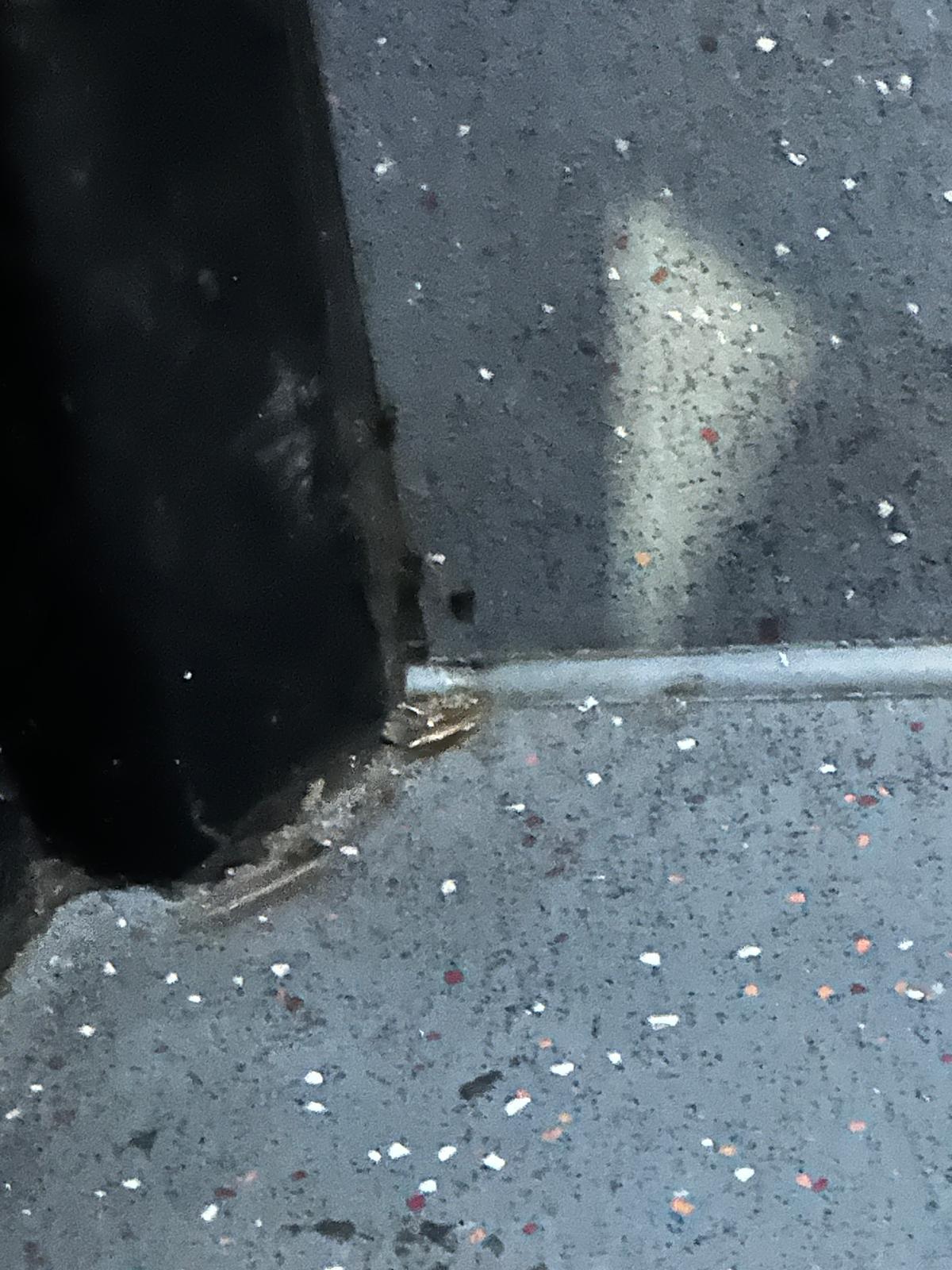
A spokesperson from London Bus Forums said: “These cockroach reports are not isolated. They reflect a broader failure to maintain safe and sanitary conditions for bus drivers. This is a public health issue affecting both staff and passengers. That’s why drivers will be marching on 5th November to demand safer working conditions and the adoption of the Bus Drivers' Bill of Rights.”
The proposed legislation asks for drivers to be allowed a “safe work schedule without any forced overtime or loss of pay”, as well as the right to clean, serviced toilet and rest facilities on all routes and the right report safety concerns without fear of retribution from TfL or other employers, among other requests.

.jpeg)





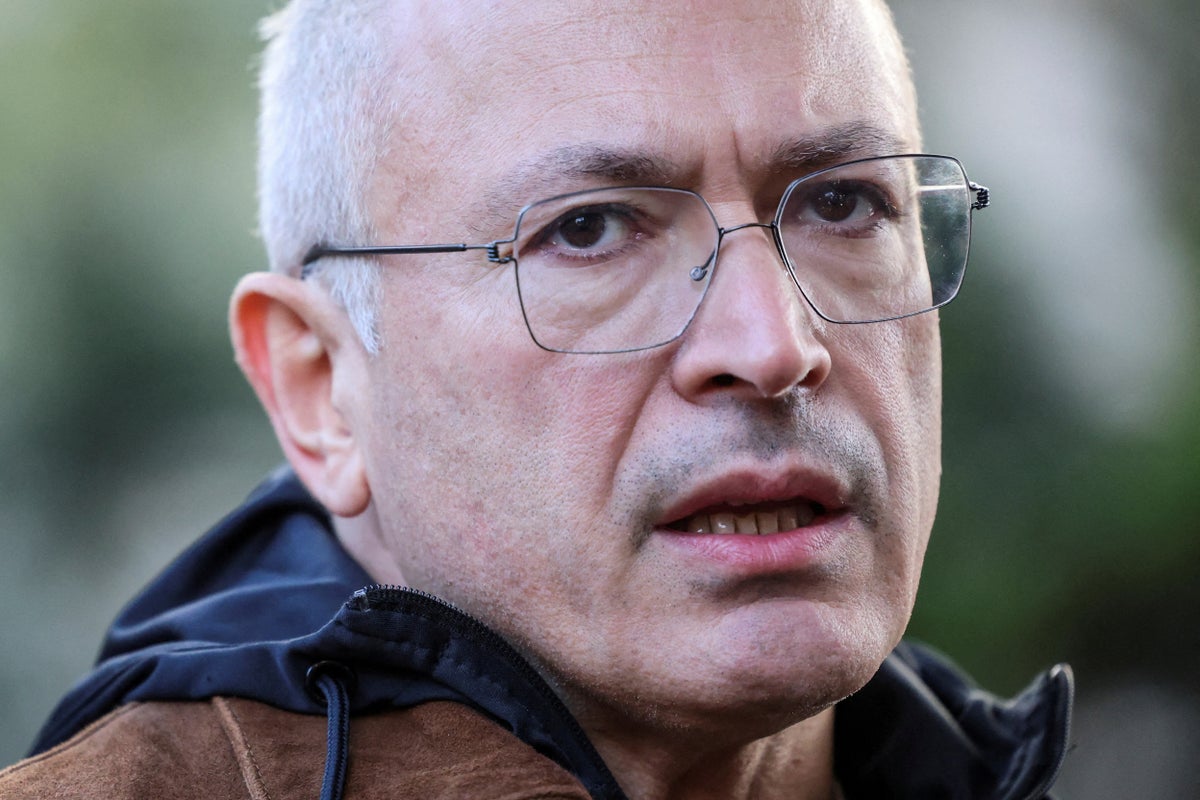



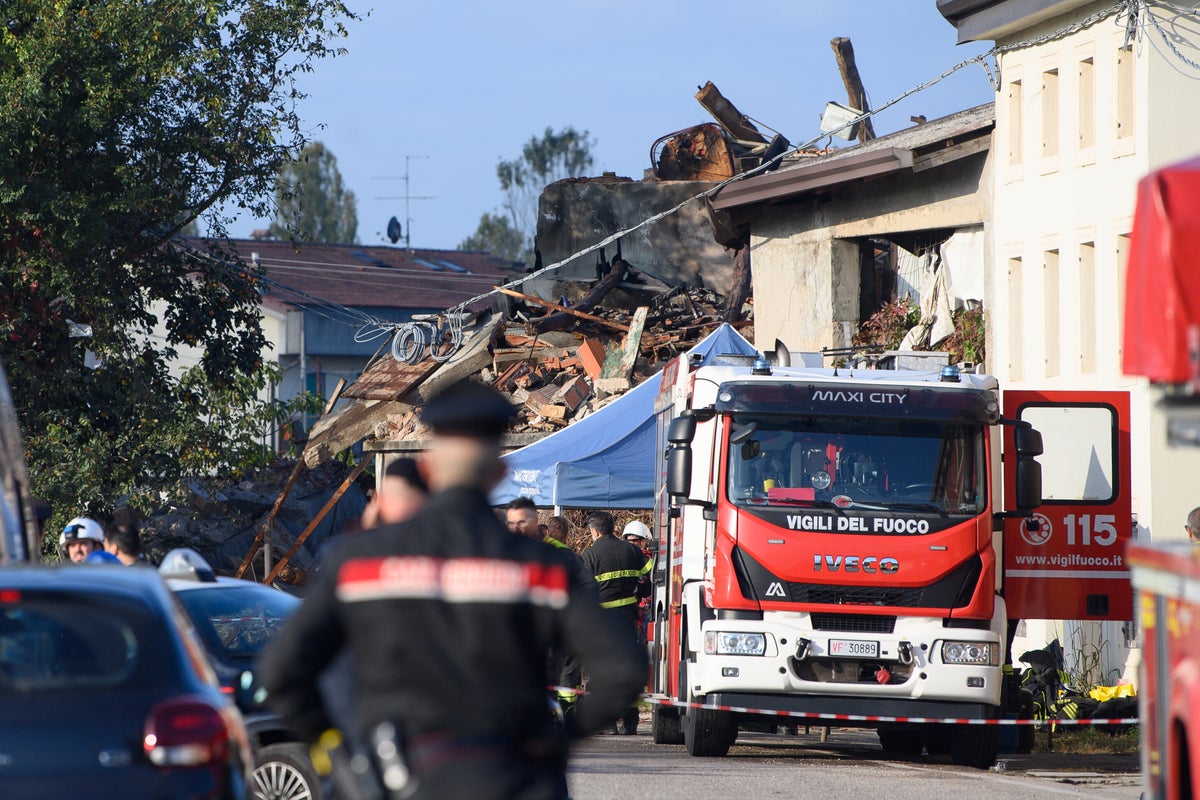







.jpeg)













 English (US) ·
English (US) ·